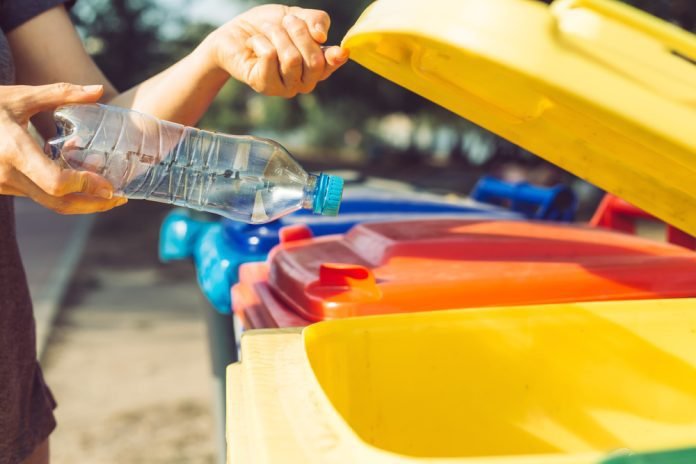Last Updated on September 12, 2022 by
Have you got some time to kill? Run a couple of internet searches on recycling and sustainability. You will discover that the two are often closely linked. You also discover something else: at the root of both recycling and the desire for sustainability is waste. All three are so intertwined that you cannot have a meaningful discussion about one without including the other two.
Of the three topics, sustainability is the only one spoken of in generally positive terms. Recycling and waste are negative by their nature. Both refer to things we would rather not have to deal with if they could be avoided. But the conventional thinking says that sustainability is not achievable without reducing waste and improving recycling.
Table of Contents
Recycling Should Be a Last Resort
A New Food Magazine article discussing recycling and sustainability in the UK proposes the idea that recycling should be a last resort for companies. The article makes the case that consumer recycling doesn’t work. Therefore, manufacturers should find better ways to do things so that recycling isn’t necessary.
It is hard to argue that logic if you believe that it’s possible to eliminate plastic from modern culture. Forget paper and glass. We have effectively recycled both for decades. The real problem is consumer plastic; more specifically, single-use plastics.
Effective Recycling Is Possible
The two biggest problems with consumer plastics relate to cleanliness and sorting. New Food Magazine is correct in suggesting that consumer recycling doesn’t work. But not because it can’t. It doesn’t work because the system we use was designed to fail from the start.
We know effective plastic recycling can work because companies like Seraphim Plastics do it every day. The only difference between a load of industrial plastic totes and curbside recyclables is that the industrial material has already been sorted and cleaned. Seraphim mandates that of customers who want to sell them plastics.
Eliminating Waste Is Good
The fact that effective recycling is possible doesn’t negate the need to eliminate waste. Modern society is incredibly wasteful on multiple fronts. By its very nature, most waste is completely unnecessary. So yes, we can do ourselves a huge favor by making a collective effort to waste less.
Where we fall down is our desire for convenience. That is because waste reduction and convenience don’t play well together. For example, it is pretty convenient to get a single-use coffee cup with your morning brew. It is less convenient to carry a reusable metal cup with you to the coffee shop. It’s less convenient to have to wash that cup every day.
Tying It All to Sustainability
Recycling and waste reduction are challenging topics on their own. But tie them in with sustainability and you are on an entirely different plane. It is true that we could change the way we do things and make recycling better. It is also true that we can sacrifice convenience in favor of eliminating waste. But what about sustainability?
Is it possible to reach all the sustainability goals we have set for ourselves? That depends on who you ask. Common sense seems to dictate that we have plenty of room for improvement. That is generally the case, right? But just like human nature has long gotten in the way of effective recycling and waste reduction, it’s a big hindrance to sustainability.
Genuine sustainability is absolutely possible in a perfect world. But none of us live in that world. The world we live in is messy and imperfect. The best we can do is our best. If that means we can make some modest improvements, let’s count them as a victory.

























